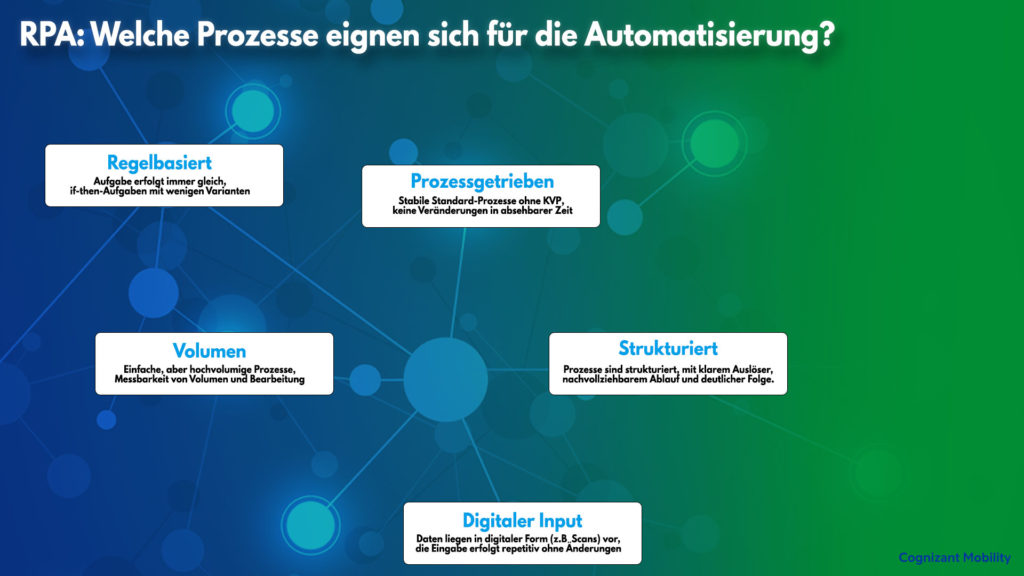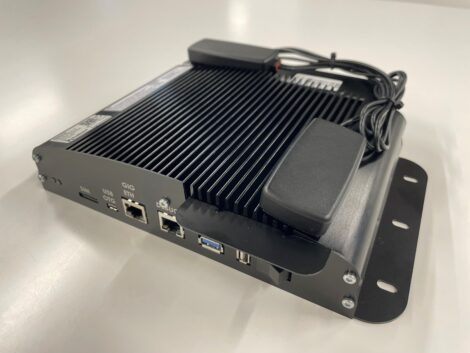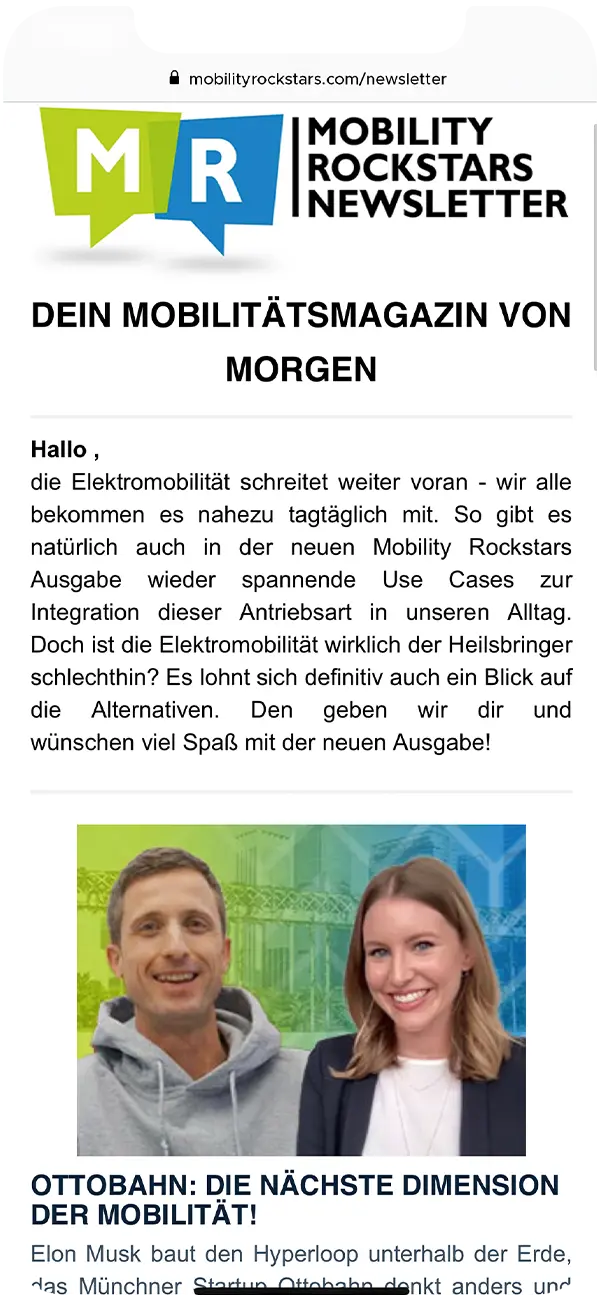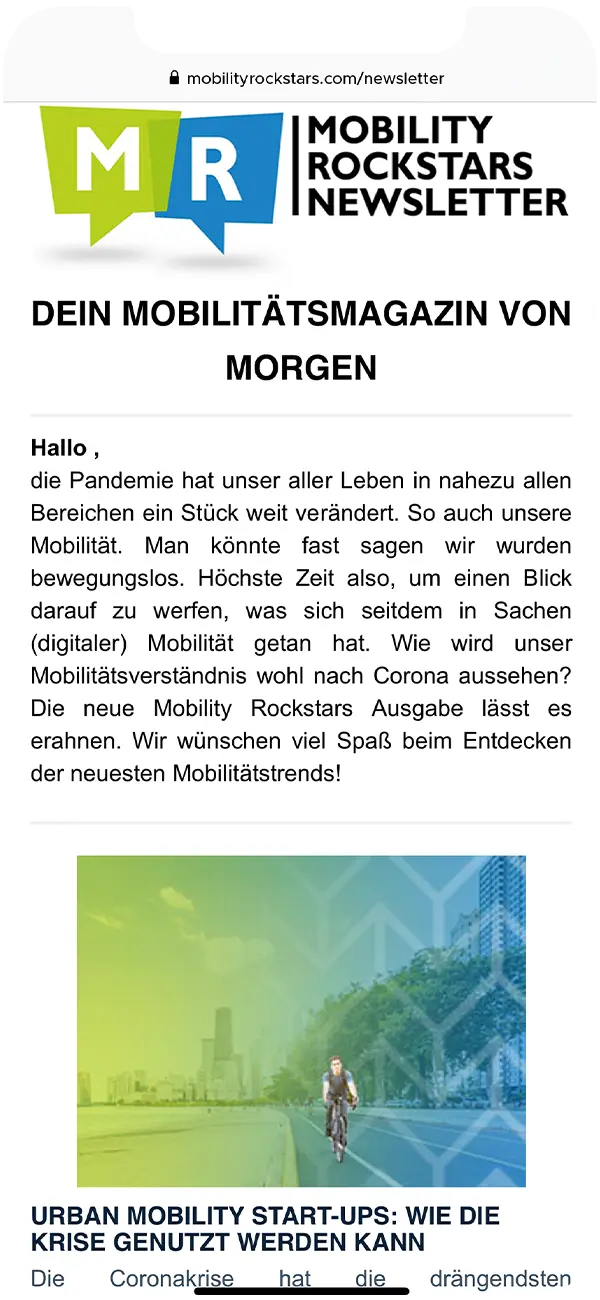Robotic Process Automation – Which processes are suitable for RPA?
Robotic Process Automation, usually abbreviated to "RPA", describes the basic process of automating processes to Robotic Process Automation, usually abbreviated to "RPA", describes the basic process of automating entire process chains and also individual processes. Previously known mainly from finance, IT or the HR department, repeatable tasks with similar requirements that occur in large numbers are readily automated, so that not only savings potential is released and employees can be deployed more sensibly. Often, a streamlining and thus increased efficiency of the existing process (chains) is also the logical consequence of an introduction of RPA in the company. For a precise definition of what Robotic Process Automation is and how it works, we recommend our detailed explanatory article on our main RPA page.
But how can your own company benefit from RPA in concrete terms? We explain the basic nature of the processes that can be automated. We also provide you with a checklist that you can use to make an uncomplicated initial assessment of which of your processes are suitable for automation via RPA.
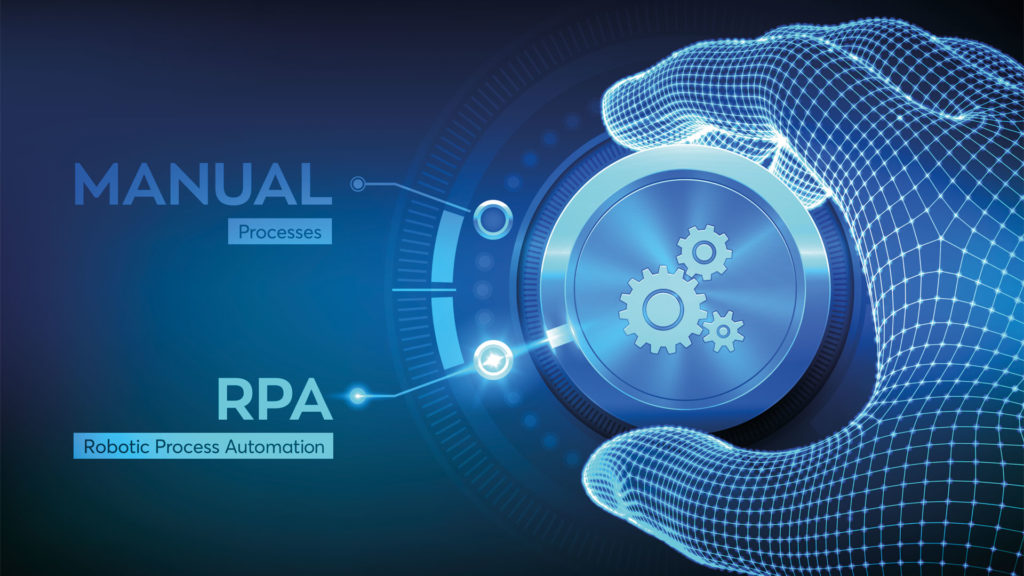

Andreas
RPA Professional
9.11.21
Ca. 6 min
Which processes are suitable for Robotic Process Automation?
Before you consider implementing RPA in your company, you should take a close look at your processes. Are these already clearly defined, standardized and easy to follow? Especially “if…then…” processes are particularly well suited for automation! It doesn’t matter where the process is integrated – whether it’s in the customer service department of a large company, in an Industry 4.0 production line where updates need to be applied regularly, or in testing, where repetitive test runs can be undertaken by a bot.
In any case, the task to be automated must be rule-based. Human goodwill cannot be offered by bots, and case-by-case decisions are also not a case for Robotic Process Automation. The task should always be basically the same. This is a limitation that is slowly but steadily receding into the background thanks to the rapidly advancing development in the field of artificial intelligence – in the future, more and more variants will be easily mapped thanks to A.I..
A classic example is salary administration in HR departments, where the task of payroll only occurs once a month, but in large volumes, but always in the same way. Here, certain processes such as entering the same type of data over and over again can be automated via RPA as long as the process does not suddenly change. Of course, variants can be integrated to a certain extent, and RPA can also cover complete changes or a high number of possible process versions – individual solutions are necessary here, but we would be happy to advise you in this regard as well. Even complex tasks with low volume can be automated via RPA, but conventional processes are better suited for your entry.

Ideally, companies with an interest in RPA already know the volume and also the average handling time (sometimes referred to as “Average Handling Time”, or “AHT” for short) prior to implementation as part of the initial discussions. This simplifies automation considerably and opens up a high volume of savings for the company. In addition, a seemingly obvious aspect also plays a major role in optimization: companies should ideally have described and documented the process to be automated in detail. As a company, we are also happy to help with this at any time.
The type of input is also critical – whether it’s invoice generation, applying recurring security updates, A.I.-based testing, or document post-processing, the input must be digital and was previously entered manually, such as scans of invoices. The bot that does the automation must be able to interpret the data. This is only possible if processable data is available.
Automation via RPA in Industry 4.0 occupies a special position – individual solutions are often required that can only be implemented in a very complex manner in terms of time and costs using previously known processes. This is where xRPA comes into play: xRPA provides a platform to integrate existing processes and tools while automating missing workflows and adding new and individual interfaces. This facilitates overview and administration and allows the focus on the results, instead of the forced observation of actually simple processes. As a result, test engineers, for example, can engage in value-added activities within the company instead of performing routine work that can be automated.
If you are not sure whether your processes and process chains can be automated, it is best to contact us directly. We will be happy to advise you in a free initial consultation with our RPA specialists Andreas Brandlmeier and Jörg Hofmeyer – simply use the contact form linked here.
So that you are optimally prepared for the interview, you will now of course also find the promised checklist.
RPA Processes Checklist – These Processes Can Be Optimized
